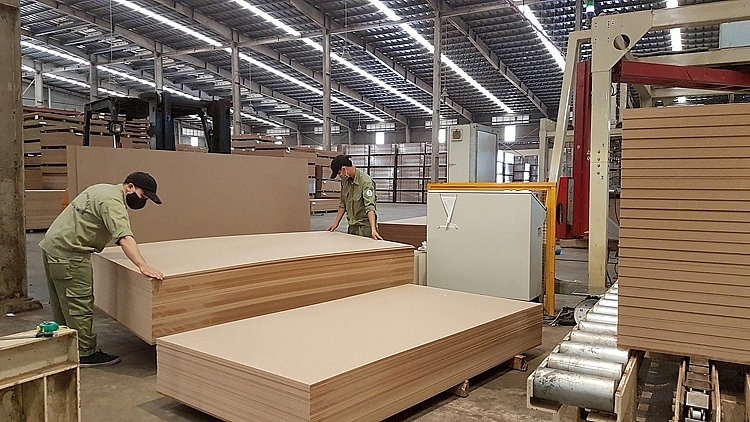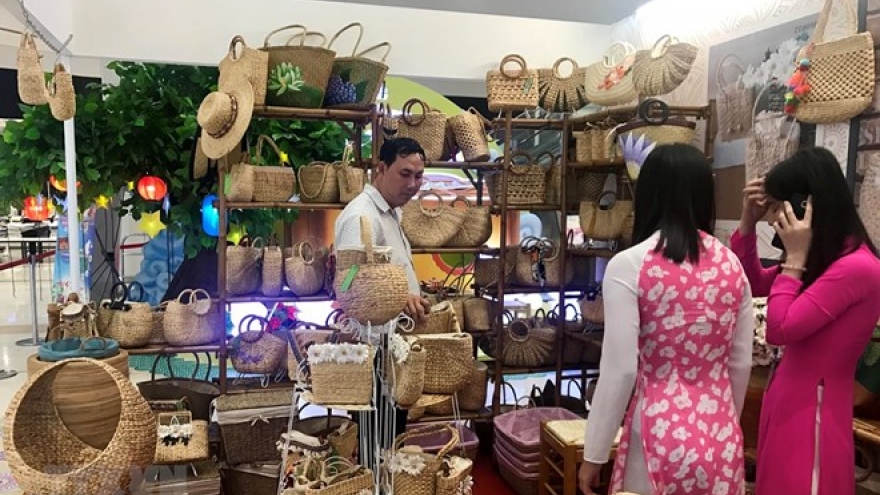Vietnam, Sweden enhance trade connectivity
VOV.VN - Following Vietnam’s export turnover to Sweden witnessing an annual increase of 99.94% in January, the advantages brought about by the EU-Vietnam Free Trade Agreement (EVFTA) are anticipated to promote greater trade links between the two countries, according to insiders.
Figures released by the General Department of Vietnam Customs indicate that two-way turnover between Vietnam and Sweden in January reached approximately US$160.89 million, of which Vietnamese exports surged by 99.94% to roughly US$132 million compared to the same period from last year.
Meanwhile, Vietnamese imports from Sweden increased by 11.98% to US$28.89 million against the same period of 2020.
With advantages gained through innovation and high technology, key Swedish export items to Vietnam include machinery, along with spare parts for the industry and telecommunications sectors. It imports agricultural products, footwear, textile and wooden products from the Vietnamese market.
According to Vietnamese Ambassador to Sweden Phan Dang Duong, mutual trade relations are both complementary and non-competitive, especially in terms of tropical and processed agricultural products that are in high demand in Sweden as well as other EU member states.
At present, Vietnam’s export scale to the Nordic region as a whole remains limited, with the export turnover reaching only US$2.5 billion. Therefore, there remains plenty of room for growth in the export of key Vietnamese products to this lucrative market.
Most notably, the enforcement of the EVFTA in August 1, 2020, serves to gradually remove barriers and helps to open the door for Vietnamese goods to make greater inroads into the potential Nordic market, especially Sweden.
Ambassador Duong reveals that in line with the terms of the trade pact, the EU gives Vietnam a quota of 80,000 tonnes of rice with a 0% tax rate per year, whilst also eliminating tax on broken rice over five years.
Thanks to these benefits, the Vietnamese rice has gradually grown a presence in this demanding market, with export turnover increasing from roughly US$100,000 in previous years to over US$1 million last year, says Ambassador Duong.
Along with rice, other key Vietnamese products also enjoy bright prospects for penetrating the Swedish market, including furniture, frozen tropical fruits, coconut milk, frozen vegetables, textiles, and footwear.
The Vietnamese diplomat also emphasises that the establishment of websites for Nordic businesses can gain more insights about the local business climate, while opportunities brought about by the EVFTA will facilitate the penetration of more Vietnamese goods which can be exported to the Nordic market in the near future.



